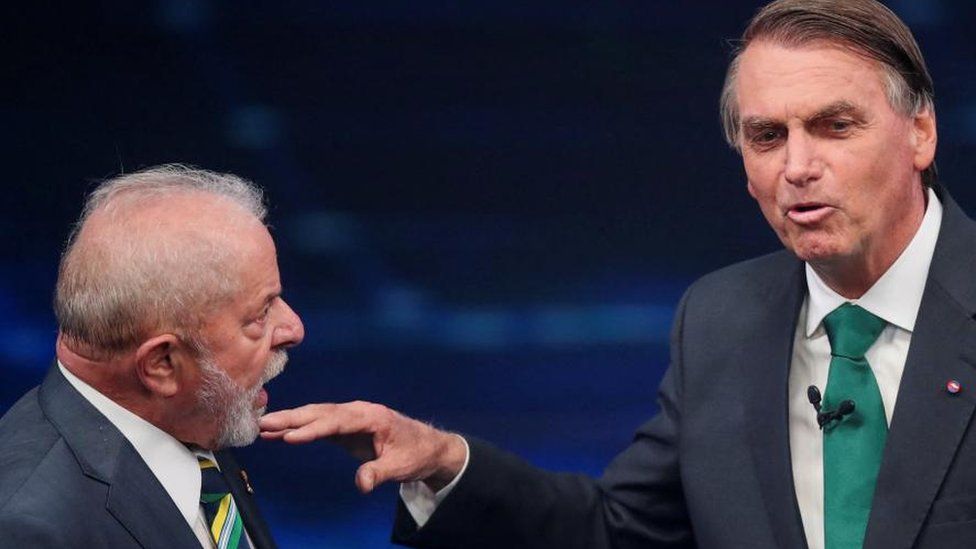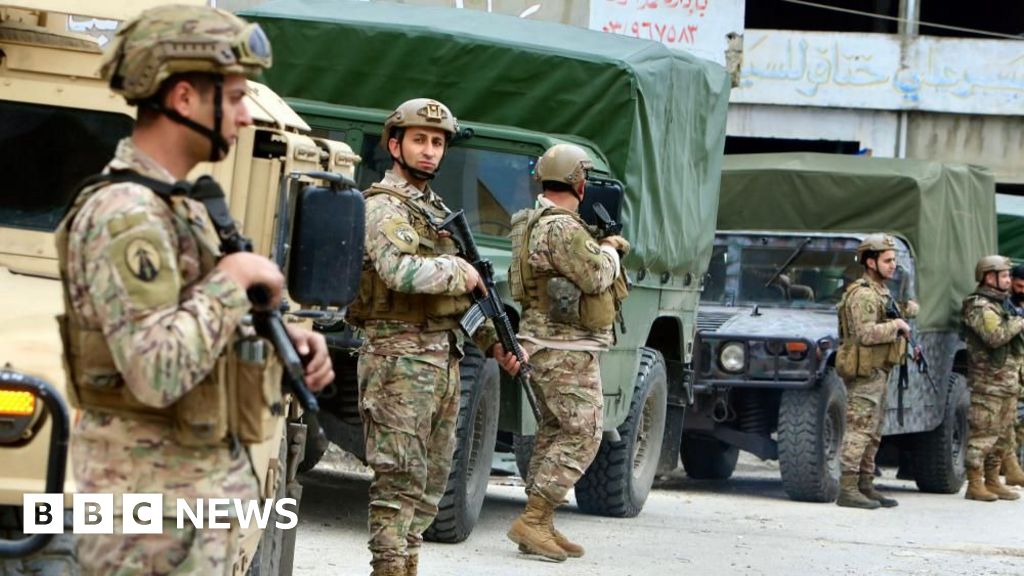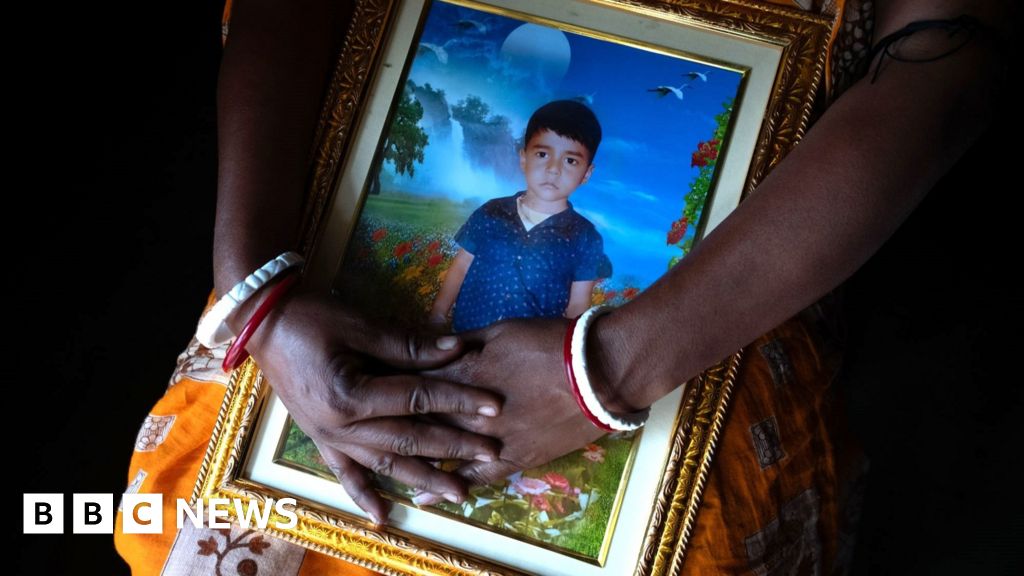ARTICLE AD BOX
 Image source, Reuters
Image source, Reuters
Lula and Bolsonaro took part in a TV debate in the run-up to Sunday's election
By Katy Watson
BBC South America correspondent, São Paulo
Brazilians will vote on Sunday in the second and final round of presidential elections. Polls suggest former leftist leader Luiz Inacio Lula da Silva is ahead of his far-right rival - the current president Jair Bolsonaro. But after the first round was closer than expected, some say that doesn't tell the whole story.
"I don't believe in the polls," says Janaina Devaney, a party shop owner in one of Sao Paulo's smarter neighbourhoods.
As she pumps up balloons for a client, gospel tunes are blaring out of a speaker by the till. Janaina is an evangelical Christian and she cites Jair Bolsonaro's family values as one of the main reasons she wants him to win.
"The streets say the exact opposite of the polls," she says. "I go to the demonstrations and they are peaceful. It's beautiful, the green and yellow colours [of the Brazilian flag], families, children, babies in buggies. If you just looked at the demonstrations across Brazil, you'd see it's so different."
But if the polls are correct, then it's not Bolsonaro but Lula who will take the presidency on Sunday. The latest Datafolha poll showed Lula with 53% of valid votes and Bolsonaro with 47%.
Unpredictable polls
It's certainly looking like a closer race than the first round. The polls, released a day before the vote at the beginning of the month, had predicted as much as a 14 percentage point gap between Lula and Bolsonaro. In the end, it was just five points, vastly underestimating the support for the far-right leader.
The big gap between predictions and reality has propelled Bolsonaro's narrative that the polls are a "lie". But, say experts, it's not an exact science.
"People really believe in what they want to believe," says Felipe Nunes, political scientist and CEO of Quaest pollsters. "They look for evidence that confirms what they think. They don't look for evidence that helps them understand the situation better. As researchers, we have to understand that."
But what is harder to understand is a push by conservative lawmakers who now want to criminalise polls that later don't match the results.
"We would prefer, of course, to have the support of the officials in the country," admits Mr Nunes, defending his work. "We are very rigorous, we use scientific methods and sometimes we go wrong. Sometimes, the predictions don't go as we expect. And that's the role of a researcher - understanding what didn't go well in ways that we improve our methods."
That's much like the two men on the campaign trail, fine-tuning their tactics for the second round and targeting voters that could win them the presidency.
The campaign has descended into a holy war as the candidates vie for millions of religious votes. Lula has traditionally had the support of Catholics, while Bolsonaro is allied to the ever-growing evangelical church. Their support could make - or break - a candidate.
And in a campaign so prone to fake news, it's taken on even bigger dimensions these past few weeks. Lula has had to convince his voters of his godliness, dispelling lies about closing churches and being linked to Satanism.
Meanwhile, a video of Bolsonaro in a masonic lodge went viral - as did accusations of cannibalism. It really has been a dirty second round.
Pastor Valdinei Ferreira says Brazil has imported 'conspirituality' from the US
It's become so extreme that even the Pope spoke out this week, asking Brazil's patron saint to free Brazilians from hate, intolerance and violence ahead of the elections.
Pastor Valdinei Ferreira, from Sao Paulo's Evangelical Cathedral, rejects this politicisation of religion.
"Faith has been seized upon as a political identity and people end up validating the Christian faith of someone based on the political choices they make," he says. "In my opinion, Bolsonaro has caused that - if you don't vote for him, you're written off as a person who's gone against God. I vote for Lula because he just wants to be president - Bolsonaro is a candidate to be God."
Pastor Valdinei uses a special term for what he sees happening in Brazil - conspirituality.
"It's something that came from the US and is happening here - this fusion of spirituality and conspiracy theories," he explains. "You mobilise people because you mess with the religious sentiment of good and evil - but it's guided by a conspiracy theory."
These days, Felipe prefers not to discuss politics with customers
For newspaper seller Felipe Damasceno, bitter politics has consumed his news stand these past few months - but there is an end in sight.
"Sunday will be a watershed moment," he says. "When we decide whether to continue with the same politics we have now or go with one we knew from the past."
Felipe's family has owned the stand for three generations but much has changed. He'd rather avoid political chit-chat over the papers, it's all become too personal.
"People feel they are deciding between good and bad and that doesn't exist," he says. "I think the country deserves the politician they elect."

 2 years ago
26
2 years ago
26








 English (US) ·
English (US) ·